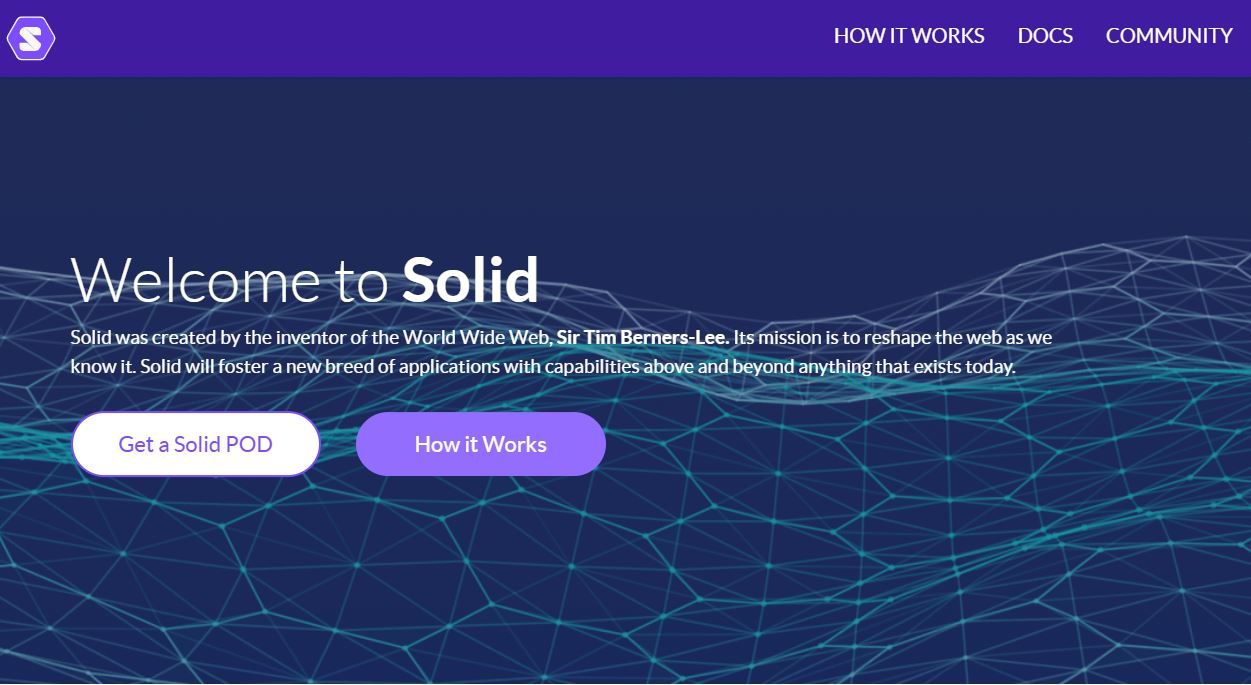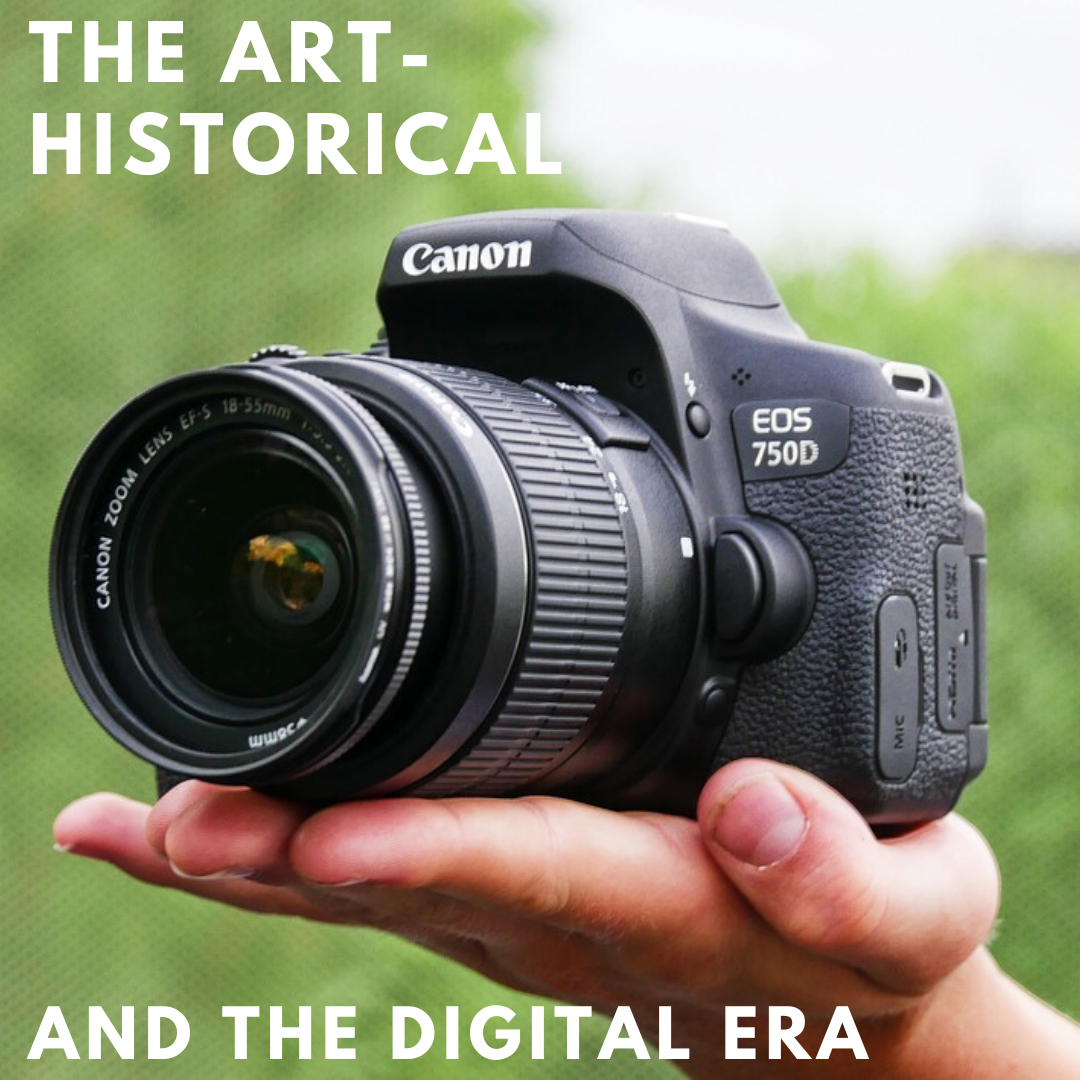
There’s a new kid on the block and it’s not just any kid. A few day ago Sir Tim Berners-Lee, one of the co-founders* and also namegiver of the World Wide Web, wrote an open letter to the internet community, in which he announced a new platform called Solid.**
Solid stands for Solid Linked Data and this name indicates that data and especially the data that’s on the internet and social media is a major concern for this platform. In those days of Facebook leaks and the Cambridge Analytica incident, this shouldn’t surprise us. Berners-Lee states that the web has shifted from its original promise that we can all participate, into domination by tech giants like Facebook, Google and Amazon (without explicitly mentioning their names).
The big idea is to decentralize the web, to give the data back to the people who own them, that means us. We should have control of our own data by separating them from the applications that use them. On Solid you can create your own POD, a Personal Online Datastore. Your POD is looked upon as a private website and it’s up to you to decide who and what apps get access to these data or what part of it. So people can view your data with the app of their liking, let’s say Facebook or Instagram or any other social app. Solid uses all data formats so there should be less incompatiblity issues.
Berners-Lee worked on this idea for the past fifteen years, with the assistance of the Massachusetts Institute of Technology (MIT) at Cambridge, USA. The platform is open-source and uses managed data accessibility, so some form of identity-control is implemented. This also shouldn’t surprise us with the alleged Russian influence on the American elections and the increase of fake news. Wikipedia is a good example of using identity-control for people editing the content of the pages.
All this sounds promising. In the documentation there’s a manual that’ll help you make a Solid app on your lunch break.*** And there’s a lot more to the platform, for instance a Solid community with chat function and mailing list. On the other hand there’s a lot of suspicion to be dealt with these days. As one of the commenters puts it: how do we ensure a new Facebook or Amazon doesn’t come to dominate this new platform eventually?
My personal concern is the possible widening of the divide between the digitally literated and illiterated in our society. Many people around the world don’t have access to internet nor have the skills to use these information technologies in a critical, safe and responsible way. They aren’t able to defend themselves and their data. Despite its promises, Solid should not become some sort of gated community for the higher educated. But hey, let’s give it a chance. Solid deserves it.
References
* From 1989 on, with Robert Cailliau.
** Open letter of september 28, 2018 on https://www.inrupt.com/blog/one-small-step-for-the-web
*** https://solid.inrupt.com/docs/app-on-your-lunch-break
Solid website: https://solid.inrupt.com/
Solid on MIT website: https://solid.mit.edu/
Solid on GitHub: https://github.com/solid/
The company behind Solid: https://www.inrupt.com/



Good to know people are developing platforms like Solid to help us protect our personal data from big businesses like Facebook, thanks!